health
November 15, 2023

Published by Rini Begum at Nov 15 2023
Water is life - except when that water is slowly killing you. This is the reality for millions of women in coastal Bangladesh who are subjected to reproductive health issues due to rising sea levels.
October 8, 2023

Published by Dr Shahinul Hoque Ripon at Oct 08 2023
Roksana Khatun lost her right leg when the building she was working in collapsed on top of her. The Rana Plaza building collapse in Bangladesh was the deadliest accidental structural failure in modern human history, killing almost 1200 people and injuring thousands more. Rokhsana didn’t think she'd ever walk, let alone work, again. Today, armed with a prosthetic leg, she is not only back in the workforce, but is earning more than what she made in Rana Plaza. Her story is emblematic of the work of the BRAC Limb and Brace Centre, which has equipped 42,000 people in Bangladesh with customised, affordable prosthetic limbs to date.
August 7, 2023
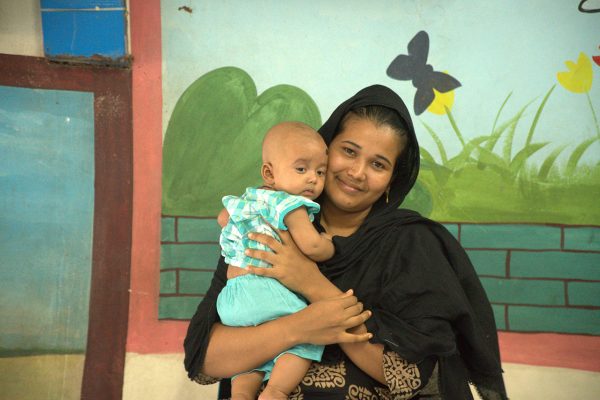
Published by Dr. Mithun Gupta at Aug 07 2023
Breastfeeding is crucial to ensure proper growth and development of newborns. A new initiative in Bangladesh is building mothers’ support networks to ensure that the workplace doesn’t become a hindrance to breastfeeding. So, how is the initiative faring?
July 25, 2023
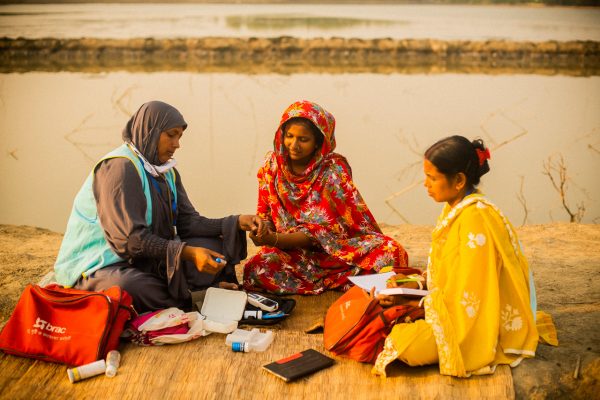
Published by Dr Imran Ahmed Chowdhury at Jul 25 2023
Non-communicable diseases are responsible for 70% of deaths in Bangladesh. BRAC is partnering with the Government of Bangladesh to tackle this, through a combination of community health workers and technology.
May 30, 2023
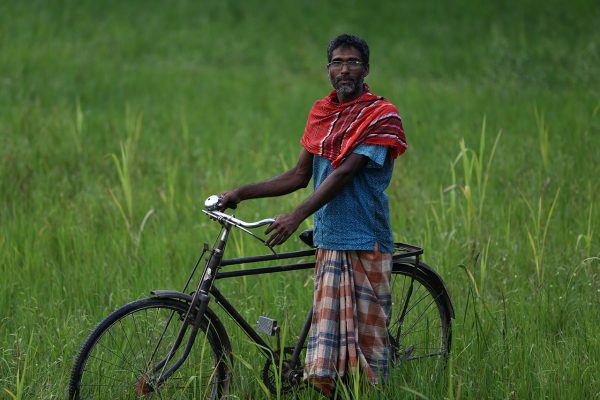
Published by Rahanuma Anjala at May 30 2023
Categories
One in five people in Bangladesh suffer from presbyopia, a condition which makes seeing things difficult up close - and can heavily impact livelihood opportunities. BRAC, in partnership with VisionSpring, and a cadre of community health workers, took to communities in Bangladesh in 2006 with a radical idea of ‘demedicalising’ the treatment of presbyopia. Less than 20 years later, this has resulted in two million people in Bangladesh being able to see better.
January 5, 2023

Published by Farah Masud at Jan 05 2023
At Frugal Innovation Forum 2022, we revisited the fundamental pillars of development with the post-pandemic world in mind. We reflected on the lessons learnt from the pandemic and together identified three key thematic focus areas in our quest to build back better.
September 12, 2022
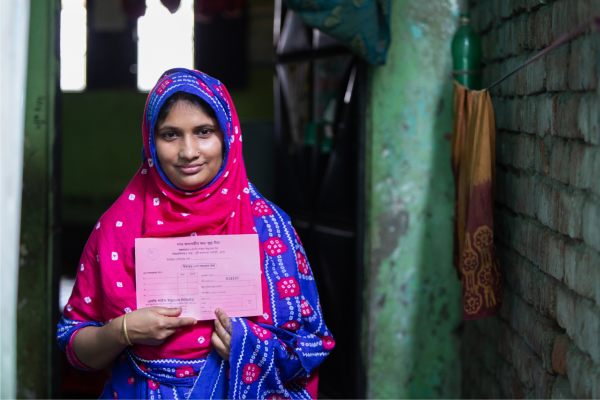
Published by Monzur Morshed Patwary at Sep 12 2022
Categories
One big health scare could wipe out a chunk of a family’s savings. Micro health insurance is a way to safeguard people during medical emergencies.
May 28, 2022

Published by Fateema Kawsar June at May 28 2022
Categories
Life would be impossible without menstruation. Then why is it considered embarrassing? Thousands of schools across Bangladesh are trying to change that.
May 26, 2022
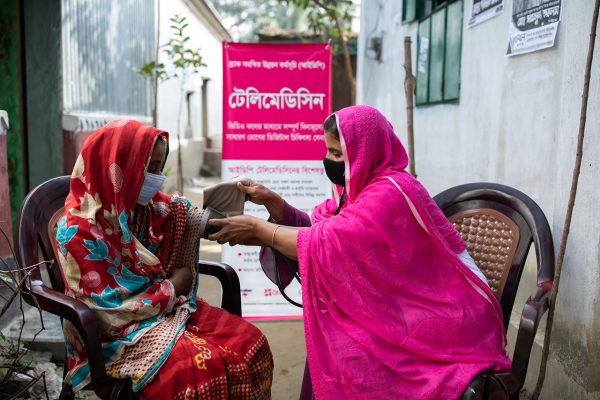
Published by Roksana Hoque at May 26 2022
Categories
Accessing healthcare is almost always a challenge in remote areas. Telemedicine is a low-cost, time-efficient approach to overcoming this.
April 27, 2022
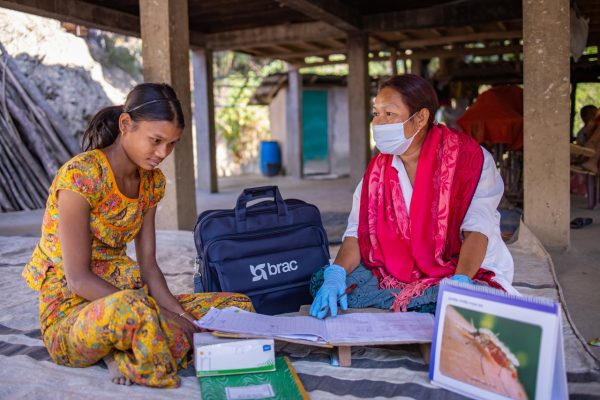
Published by Dr Kazi Mariam Naher at Apr 27 2022
Categories
Bangladesh is on track to end malaria - cases fell by 91% in endemic areas (from 84,690 in 2008 to 7,294 in 2021). Real-time case notification, strong surveillance systems and continuation of treatment and services even during the pandemic have all contributed to this feat.
April 27, 2022
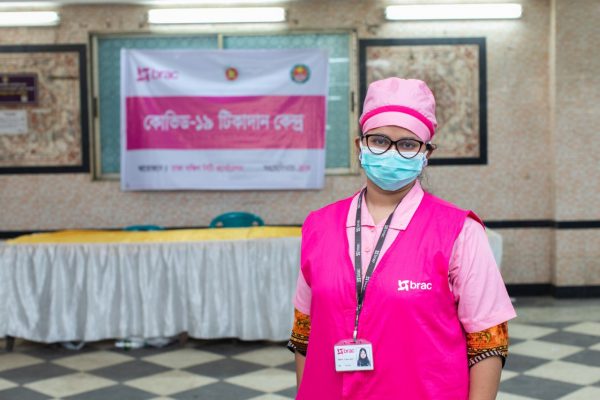
Published by Tanjila Mazumder Drishti at Apr 27 2022
Categories
The journey of BRAC’s frontline health workers has not been easy. They are women who defy patriarchal norms everyday in order to serve their communities - and save lives in the process.
April 7, 2022
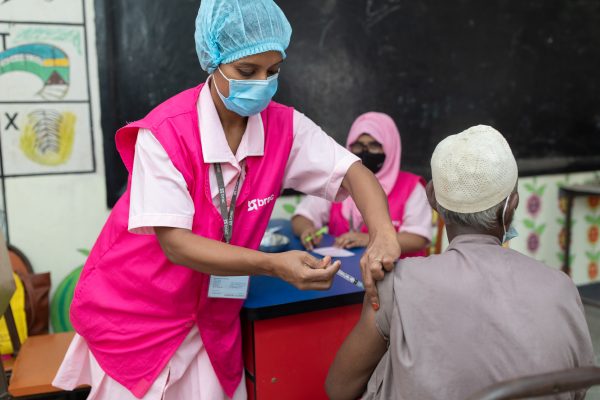
Published by Dr Morseda Chowdhury at Apr 07 2022
Categories
BRAC is currently the hub of the world's largest non-government network of community health workers. Across Bangladesh, this network of 50,000 women are taking essential healthcare to the doorsteps of families and reaching the last mile, standing by 80 million people every year.

